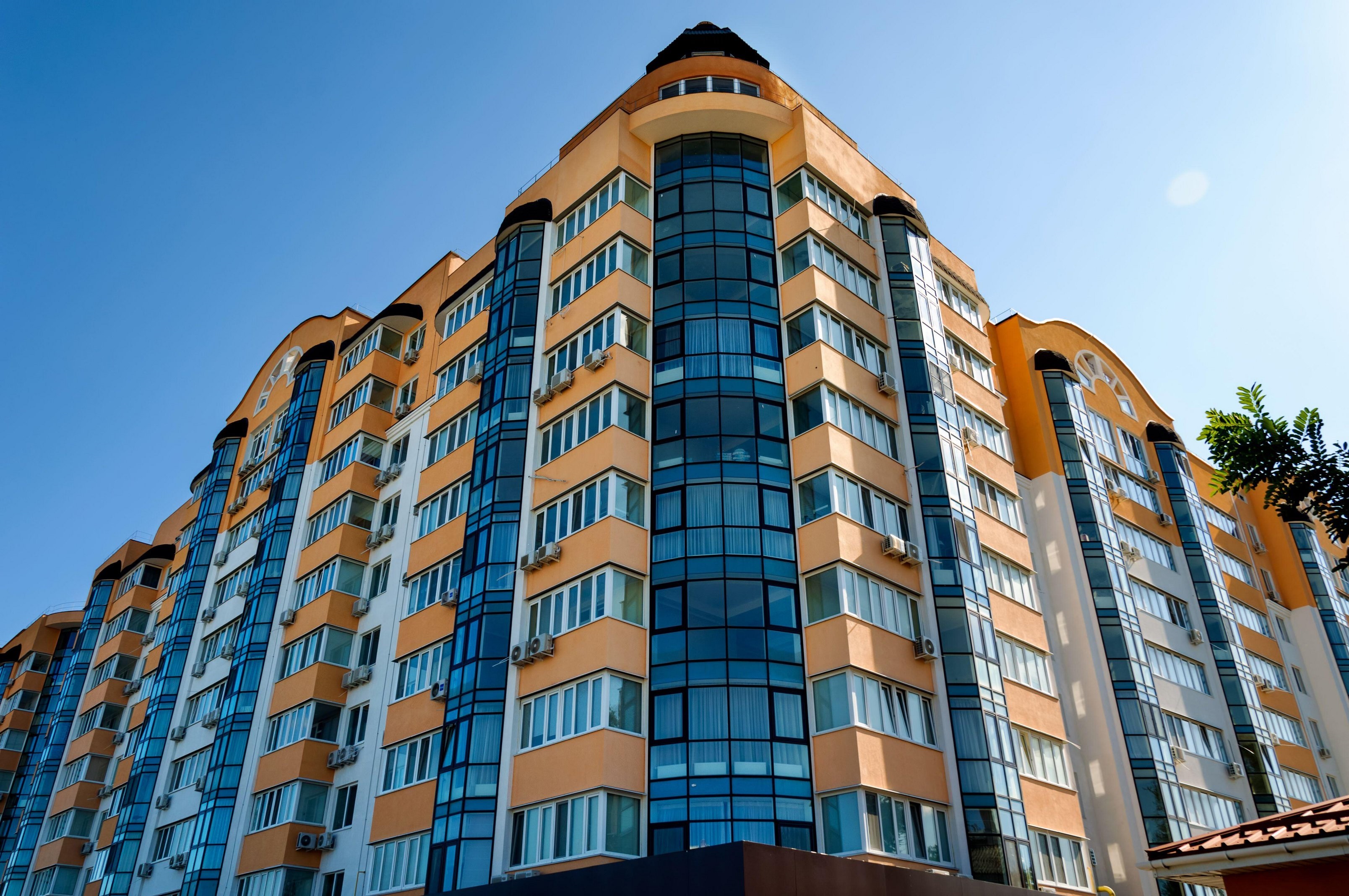Exploring the Advantages and Challenges of Deploying Bulk Internet Solutions in Multi-Dwelling Properties
Wiki Article
Establishing mass online solutions in multi-dwelling complexes can provide numerous benefits for both owners and tenants. Collective online services denote fast online connections that are provided to all units within a property at a fixed rate. This strategy can improve the total living quality for residents by ensuring that all has availability of reliable online connectivity. With the growing reliance on the web for work, learning, and entertainment, having a steady link is crucial. Property managers can also gain from offering these solutions, as it can render their buildings more appealing to potential residents.

One of the main advantages of collective internet solutions is financial savings. When internet service is provided in bulk, property managers can bargain more favorable rates with online service companies. This can cause lower expenses for residents compared to personal subscriptions. Additionally, residents do not have to worry about setting up their personal internet service, which can be a tedious process. Instead, they can experience instant availability of rapid internet upon moving in. This convenience can be a major advantage for future residents, making the property more attractive in the rental sector.
Another advantage of collective internet services is improved connectivity. In many instances, individual internet connections can result weblink in decreased performance and unreliable service, especially in larger buildings where multiple users are connected at the same time. Collective services typically deliver greater bandwidth, which means that all residents can enjoy rapid and consistent online access. This is especially crucial for households with multiple gadgets or for individuals who work from their residences. A reliable internet connection can improve productivity and general satisfaction for tenants, rendering it a important aspect of multi-dwelling unit buildings.
However, introducing collective online services also comes with difficulties. One of the primary concerns is the initial installation expense. Building managers may need to invest in infrastructure improvements to support high-speed internet across the building. This can include installing new wiring, routers, and other equipment. While these costs can be offset by the long-term savings and increased building worth, they can be a hurdle for some building owners. Additionally, continuous maintenance and support for the internet service must be considered, as residents will expect reliable connectivity and quick resolutions to any issues that arise.
Another challenge is confirming that the online service satisfies the different needs of every residents. Different tenants may have varying online usage habits, from casual browsing to intensive viewing or gaming. Building owners must work closely with online connectivity providers to make sure that the connectivity can accommodate these varied requirements. This may involve providing different levels of service or extra features, such as Wi-Fi in shared spaces. Balancing the requirements of all tenants while controlling costs can be a complex task, but it is essential for the success of bulk internet solutions in MDU buildings.